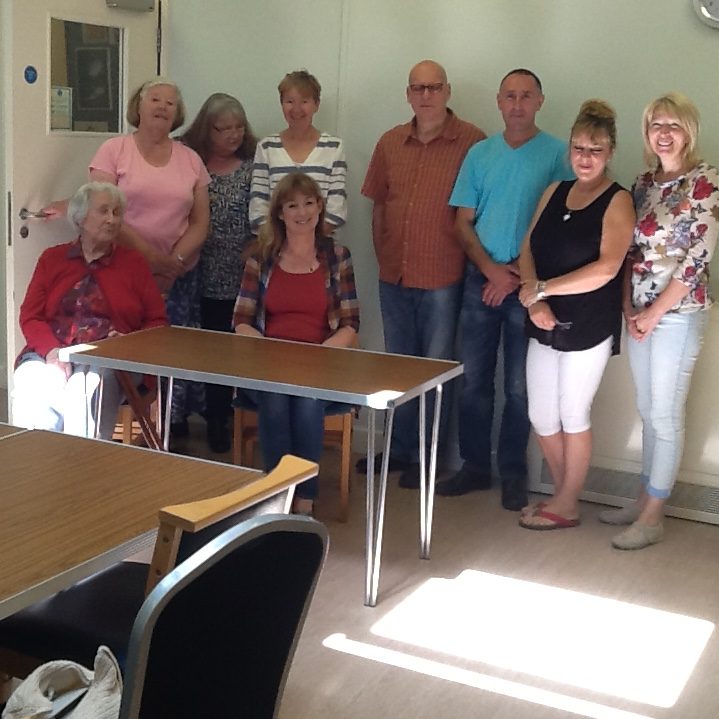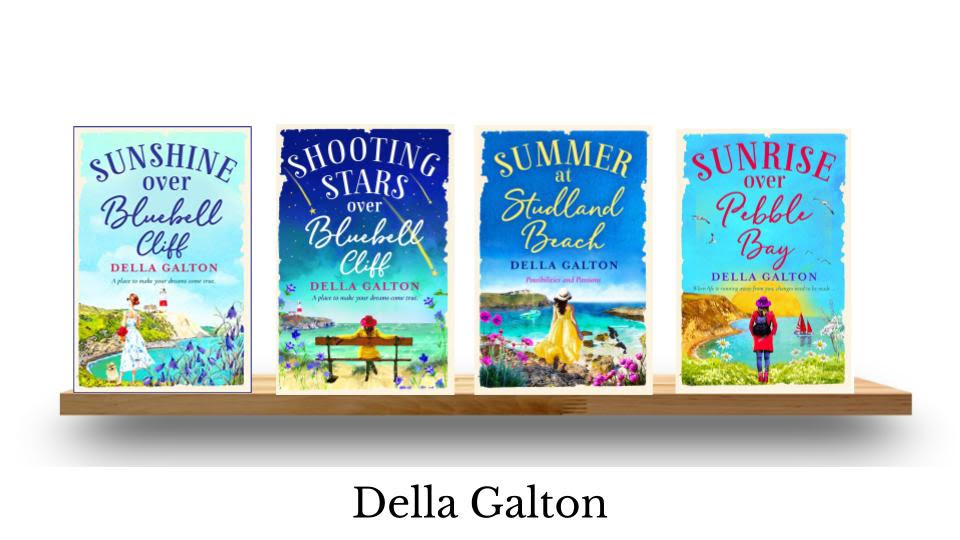On this week’s Wednesday Writing Spot I am delighted to welcome the lovely Morgen Bailey, who has generously agreed to give us an insider’s view of what goes on behind the scenes in the judging of writing competitions.
Based in Northamptonshire, England, Morgen Bailey (“Morgen with an E”) is a prolific blogger, podcaster, editor / critiquer, tutor, speaker, Chair of NWG (which runs the annual H.E. Bates Short Story Competition), freelance author of numerous short stories, novels, articles, and dabbler of poetry. Like her, her blog, http://morgenbailey.wordpress.com, is consumed by all things literary and she loves chatting with other writers and readers. Her email is morgen@morgenbailey.com.
Over to you, Morgen…
I’m involved in three writing competitions:
- H.E. Bates Short Story Competition (2,000-word max: first-round judge)
- NLG Flash Fiction Competition (500-word max: Head Judge)
- NLG Poetry Competition (poetry: member of NLG)
So I’ll be talking today about my insider’s view.
How competitions work
H.E. Bates (run by Northampton Writers Group, of which I am Chair) – deadline 4th November 2013
- Our Competition Secretary, Nick, receives the (national and international) submissions by email and post. He catalogues each one, giving them a number. He then prints off the emailed ones, adds them to the posted, and divides them into batches of c.25, bringing them to the writing group where each person has a pile at a time (Nick and I read / score them all). We score them, give them back and he collates them then selects the top ten which goes off to the Head Judge (who, in 2013, is the prolific short story author, ‘how to’ writer and novelist Della Galton, previously crime novelist Stephen Booth and in 2011 romance writer Katie Fforde) who picks his / her top three. These are then announced (and prizes awarded) at a ceremony in Northampton the following January, along with a Northamptonshire winner (if not the same as the Top 3) and an under 18.
NLG Poetry Competition (run by Northampton Literature Group, of which I am Acting Chair) – currently on hold for 2013
- I have little involvement in this other than being a member of NLG and (fellow dog-walker with the organiser) but in a similar fashion to the H.E. Bates, submissions are received in to one person, Pat, who collates and documents them. She, however, sends them all to the judges (there was one for free-verse and rhyming poetry, and another for humorous) who pick their favourites whom are awarded at a ceremony later in the year.
NLG Flash Fiction Competition – new for 2013 (deadline was 30th June)
- It was my idea to hold a flash fiction competition in place of the poetry competition (which the poetry circle decided to put on hold due to finances and Pat wanting a well-deserved break). The word limit was set at 500 words making it easier / quicker for us to read than 1,000 words which some competitions allow, and until recently I had for my blog’s Flash Fiction Fridaysslot. It was an email-only which came into a dedicated email address accessible only by our Secretary / Treasurer, Brenda, who catalogued them and sent them out to myself and two other members of the group. I have already submitted her my scores (including three 10/10s and seven 9.5s) so Brenda will collate the other two sets of scores and send me the overall top ten for me, as Head Judge, to pick my top ten (if they don’t match mine) which will be listed / announced on our websites (see below).
Money
- Some writers resent paying to enter competitions, often preferring to submit to magazines / online publications for a chance to be paid. I can’t say I blame them but, unless they’re sponsored, competition organisers invariably have to charge – how else do they give you prize money and pay the judges (plus admin costs such as advertising, postage etc.)?
- The H.E. Bates competition fee is £4 per story, £10 for three. Expenses include the judge fee, administration and prize ceremony.
- The NLG Poetry competition fee was £3 per poem, £10 for four (£3.50 / £10.60 if paid online by PayPal). The prize fund was £1200 and the judges were paid several hundreds of pounds each because they were judging all the entries. A huge outlay, and one that resulted, not unexpectedly, in a loss, so has been put on hold for the time being.
- The NLG flash fiction competition fee was £2 entry, £5 for three (PayPal only). The only expense (because I gave my time for free) is the prize money (£75 / £35 / £15). There will be no ceremony but the top three will be published in full on the NLG website and my website (http://morgenbailey.wordpress.com), and seven Highly Commended listed (author name and story title only so they can be submitted elsewhere).
- You may (or may not) be surprised to learn that none of the three competitions I’m involved in made a profit this time round (making a small, considerable loss or breaking even). This could be to do with the economic climate or that there are lots of competitions out there – more clash with the June NLG competitions, less so with the November H.E. Bates. Who knows? We do it because we enjoy it and want to help writers write and get noticed. Getting anywhere in a competition is something to add to your CV.
Tips
- Read the guidelines. I can’t stress that enough.
- Stick to within the maximum word / line count. You’ll be disqualified if you don’t.
- Make your story unique. Apart from a fresh twist on one of the (supposed) seven plots out there, don’t send us a story that has already been published (even online) or certainly that has been placed in another competition and therefore published in some format (listed as Highly Commended with just your name and title is OK). Keep a list. File your story in a particular folder. Be organised.
- Choose a memorable title. My favourite competition entry (which sadly didn’t make the top 10) to the H.E. Bates Short Story Competition 2011 was ‘The Bus Driver Who Stopped And Then Didn’t’ (the author actually won the 2012 competition with another story, so he persevered). It sticks in my brain, which a title of ‘The Bus Driver’ probably wouldn’t have done.
- Don’t write to shock. Not many of us like reading about vomiting or guts spilling out – my apologies if you’re just eating while reading this, but that sort of proves my point.
- Spell and grammar check. Read it out loud. It helps. A lot. I start a story with 10 out of 10 and knock marks off for avoidable mistakes, especially those that the computer’s checker would have highlighted.
So you want to make your story (or poem) as good as it can be to get through all those people and make the last one (me in some cases) go “wow”.
Morgen Bailey
http://morgenbailey.wordpress.com
http://icanbuildyourwritingblog.wordpress.com
Thanks so much, Morgen. Incidentally, I happen to know that Morgen’s latest novel, The Serial Dater’s Shopping List, is available for just 77p. You can buy it by clicking here.







Thank you very much for hosting me today, Della. I look forward to meeting up in January. 🙂
I’m not a great one for entering competitions but Morgen’s advice will be invaluable to those who are. Thanks Della and Morgen.
Great to hear ‘an insider’s view’, Morgen. Have entered three stories for the H E Bates competition and enjoyed the challenge. I’m not sure that my titles are ‘memorable’ though – one may be – but good to think about for next time.
I can’t tell you how thrilled I was to get Highly Commended in the Flash Fiction competition in the summer. Only a small success I know but my first!
Thanks for a great blog, Della.
Thanks for popping by, Jan x